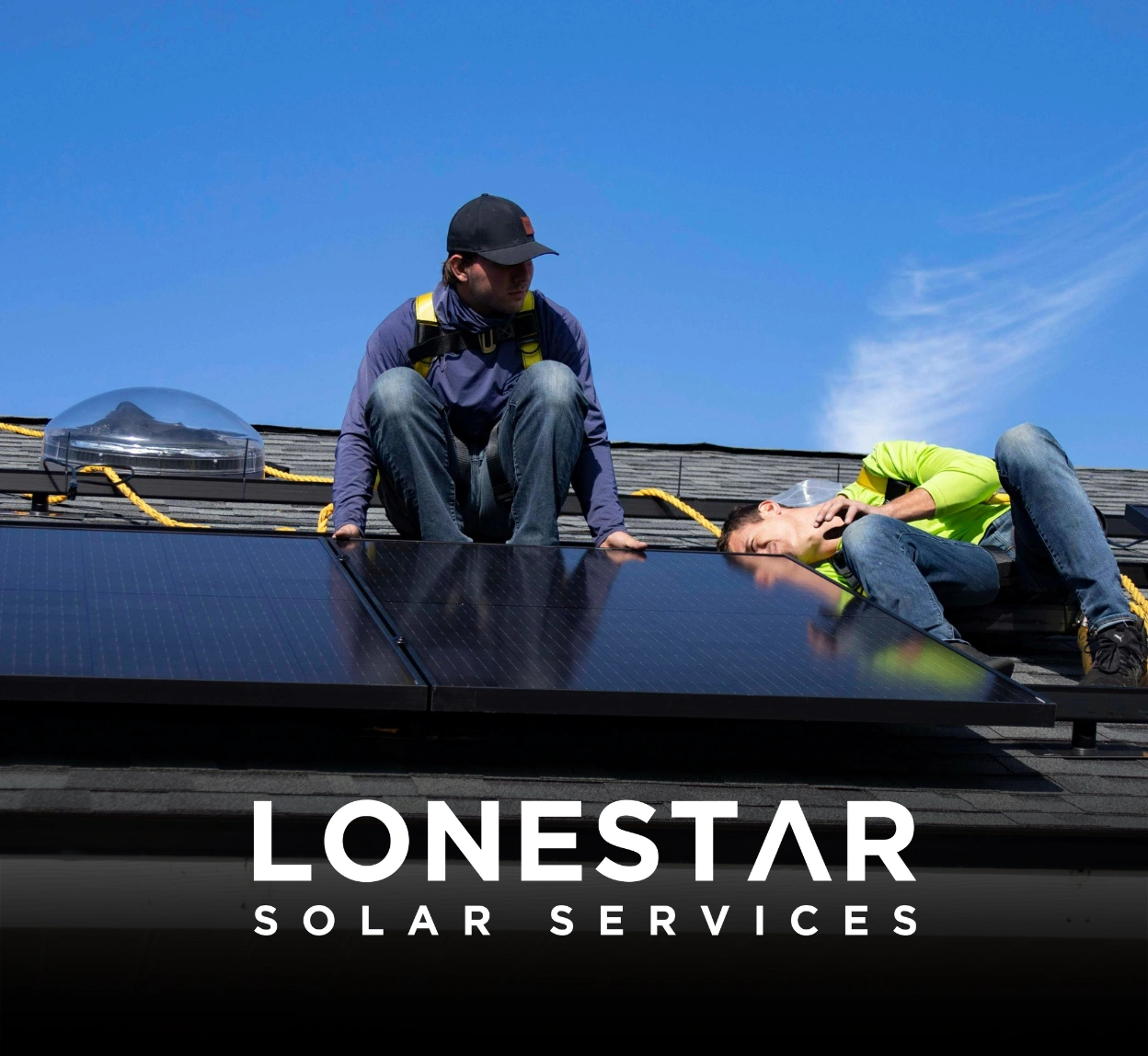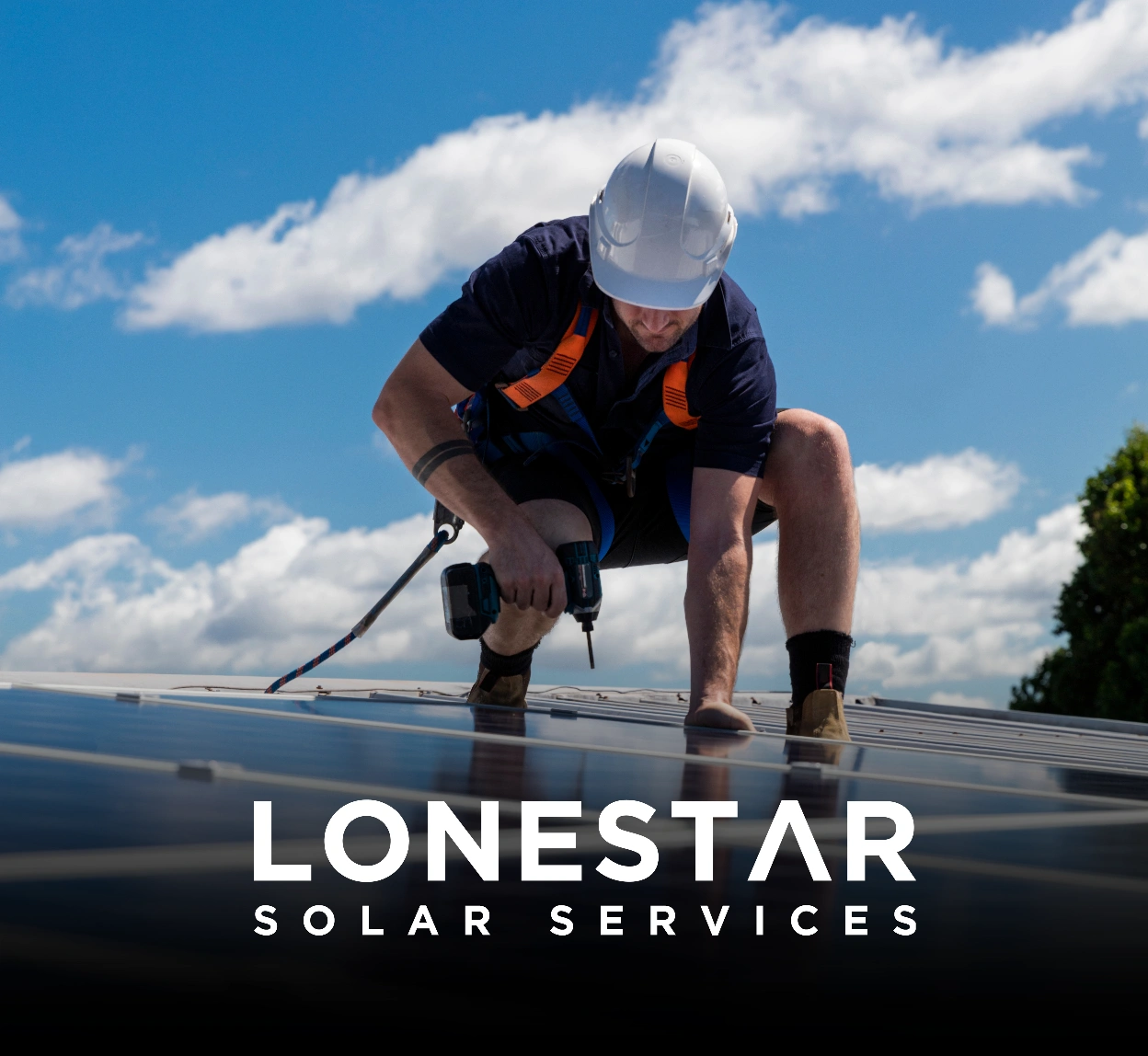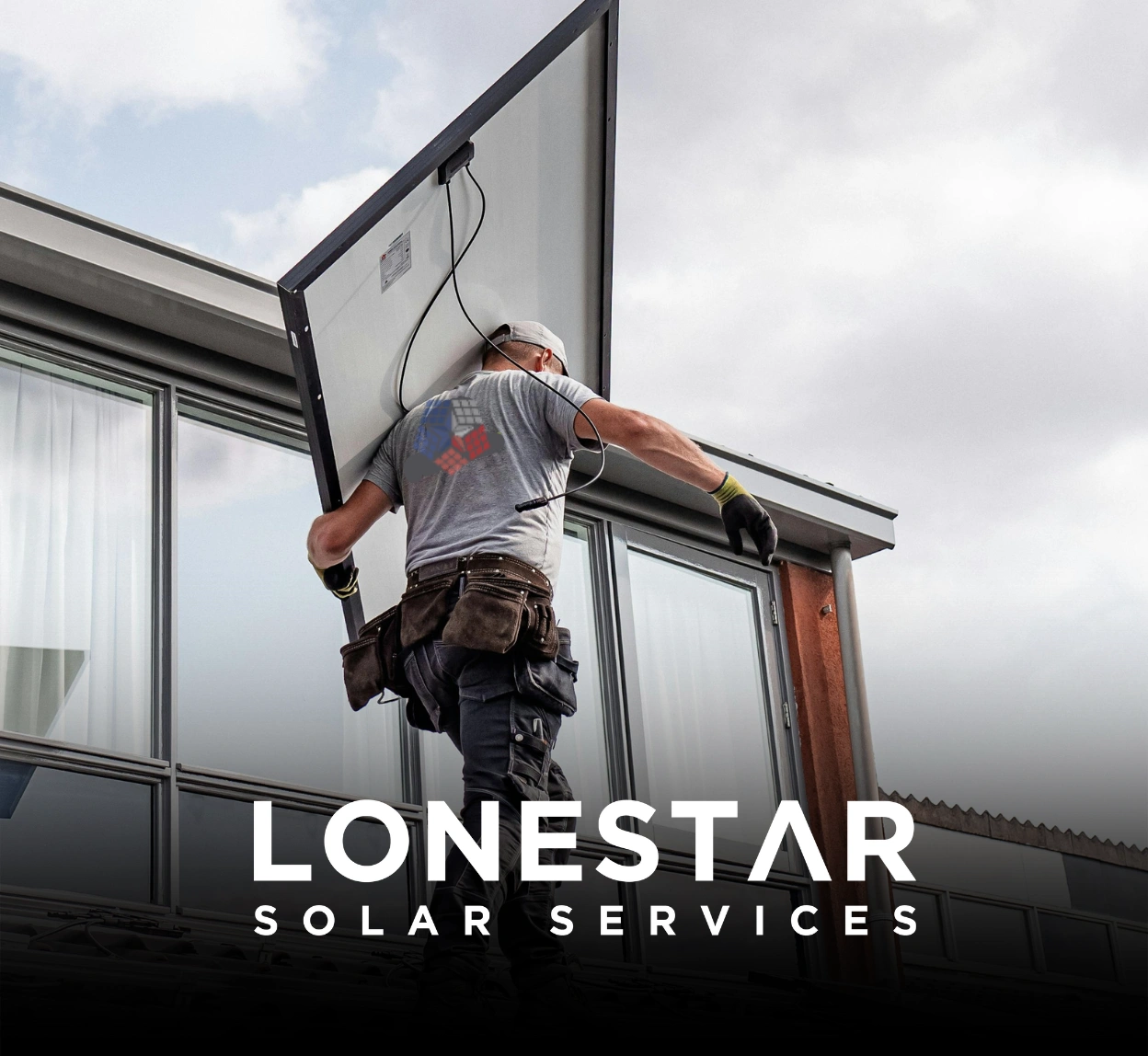Cleaning Your Solar Panels: The Ultimate Guide
Optimize solar panel cleaning with eco-friendly solutions. Explore materials and methods for peak performance and longevity in our guide.

Cleaning Solar Panels: Top Tips for Max Efficiency
Cleaning solar panels is key to their performance. Dirt and debris can block sunlight, reduce energy output and affect your whole solar system. This article covers why cleaning is important, best tools and techniques, safety tips and a step by step guide to get you started.
Quick Summary
- Clean solar panels absorb more sunlight, which in turn means more efficiency and lower energy bills. Regular cleaning prevents dirt, pollen and bird poo building up.
- Use soft brushes, a garden hose and mild, chemical free cleaning solutions for safe and effective cleaning. Avoid abrasive tools and harsh chemicals.
- Safety first: clean gently, use stable ladders, wear the right gear and avoid high pressure washers, inspect before you clean, and remember to take your time.
- Regular inspection and maintenance of your whole solar system means optimal performance and longevity.

Why Cleaning Solar Panels is Important
Contrary to popular belief, solar panels are not maintenance free. The panels on your home generate electricity by absorbing sunlight through their photovoltaic cells. Dirt, dust or bird poo can block sunlight, and less sunlight means less performance.
Various environmental factors can dirty up your solar panels. Pollen, leaves and branches can fall onto the panels and block sunlight. Pollutants like bird droppings and dust can corrode the surface over time and need regular maintenance to prevent damage. Keeping things clean not only increases the panels production but also their lifespan.
Regular maintenance prevents solar panel degradation. You'd be surprised how fast dirt and grime can build up on the surface of a panel, especially in high pollution or construction areas. Regular cleaning prevents this buildup and keeps them producing efficiently.
Cleaning your panels twice a year is recommended, but depending on where you live could easily double this maintenance schedule.
Tools and Materials Needed
A few simple tools and materials are needed for solar panel cleaning, like a soft brush (or a squeegee with a plastic blade) to clean the glass surface without scratching. You'll also need a water hose and spray nozzle with several modes (think mist, flat, and cone). You can also buy a solar panel cleaning kit, which is a huge help if you want to stay safe and efficient during the cleaning process.
When it comes to cleaning solutions use:
- an outdoor glass cleaner with no harsh chemicals
- a homemade solution with dish soap and water or vinegar and water
- specialized solar panel cleaners that are eco friendly and effective, like CLEANTITE Solar Panel Cleaner or SolBright Solar Panel Cleaner
Avoid using tools and chemicals that can damage your solar panels. Here are some to watch out for:
- Wire brushes, roof rakes and other abrasive tools will scratch the surface. These scratches will affect the appearance and integrity of the modules
- Hard water will leave mineral residue on your panels after you clean them, you can buy an inline water filter that attaches to your garden hose to help keep that at a minimum
- Heavy cleaning solutions, bleach, or ammonia are not recommended for cleaning your panels. Avoid these types of chemicals at all costs, trust us- there's a better way
Safety Tips When Cleaning Solar Panels
Don't sleep on safety when it comes to cleaning your panels. Before you start, take a moment to inspect the condition of your ladder and the area you will be putting that ladder up to. Avoid uneven spots where the legs of your ladder will be making partial contact with the ground.
If you need to climb onto the roof to clean your solar panels:
- Use a stable ladder (make sure it's long enough to safely access the roof) and have someone hold it for you to prevent accidents.
- Wear flat shoes with grippy soles to prevent slipping.
- Use a safety harness if you’re at high heights.
- Have another person help you out by handing you the brush and other supplies after you've already accessed the roof.
Do a quick inspection before you start cleaning, look for things like loose panels, exposed or damaged wiring. Staying safe should always be your priority.
How to Clean Solar Panels
Cleaning solar panels may seem intimidating but it’s simple if done right. Here’s how:
- Gather your tools and materials, soft brush, garden hose and mild cleaning solution.
- Make sure you have safe access to the roof.
- Mix your cleaning solution according to the manufacturer’s instructions or keep it simple with a homemade recipe.
The cleaning process has three stages: removing loose debris, rinsing the panels with water and scrubbing the stubborn spots. Each stage is crucial to a thorough and damage free cleaning of your solar panels.
Removing Loose Debris
Start by brushing away any loose debris from the panels. This stage is important as it breaks down and removes some of the material making the next stages more effective. Use a soft brush or a telescopic extension pole to reach all areas of the panel without scratching the glass surface.
After brushing use a garden hose with a spray attachment to rinse the panels and the surrounding roof area. This will remove any remaining loose debris and prepare the panels for a deeper clean.
Rinsing the Panels with Water
Next rinse the panels with clean water, a garden hose is your best bet. Avoid using any of those new high pressure nozzles as they can create fine cracks on the panel surface and affect production. Instead use a gentle spray to rinse the panels and stay worry-free.
It’s best to rinse the panels during cooler hours like early morning or late evening to prevent the glass from cracking due to temperature difference between hot panels and cold water. This way you clean the panels without risking damage from thermal stress.
Scrubbing Stubborn Spots
For areas with stubborn spots or heavy dirt buildup use a soft brush or sponge with a mild cleaning solution. A mixture of gentle dish soap and water or a solution of 1 part vinegar to 8 parts water can work. Apply the cleaning solution to the dirty area and gently scrub with the soft brush or sponge.
Avoid using abrasive cleaners or harsh chemicals like bleach as they can damage the solar cells and create other issues for your system downstream. Once you’ve scrubbed the stubborn spots rinse the panels again with clean water to remove any remaining cleaning solution.
Best Time and Frequency to Clean Solar Panels
Timing is everything when it comes to cleaning solar panels. The best time to clean your panels is during early morning or late evening to avoid thermal stress from the cold water and hot panels. Cleaning during cooler hours also prevents the cleaning solution from evaporating too fast so you can clean thoroughly.
We recommend cleaning solar panels every 6 months to maintain good performance of the system. But frequency may vary depending on environmental conditions. For example, if you live in an area with low rainfall or near construction sites you may need to clean more often. If you live in an area with regular rainfall like Seattle you may not need to clean as often.
You should also clean your panels at the end of winter and, spring, and summer months. This will remove any debris accumulated during the seasonal changes and your solar panels will be ready to produce at peak efficiency during the high energy months of spring and fall.
Between Cleanings
Several ways to maintain your solar system between cleanings. Regular visual inspections will help you identify damages like cracks or loose connections that can affect panel performance. By addressing these issues early you can prevent bigger problems and keep your system in good shape.
Scheduling cleanings and keeping a record will help you remember when your panels need attention. If your panels are installed at a steep angle they may self clean during heavy rainfall so you may not need professional cleaning. For those who prefer a hands off approach, automatic cleaning systems are an option -but they come with higher cost and maintenance.
When to Hire Professional Solar Panel Cleaners
There are times when you need to hire professional solar panel cleaners. If your panels are in hard to reach areas or require climbing onto pitched roofs or tall structures it’s safer to let the professionals do the job. If you notice a significant drop in system performance and there’s no visible debris it’s time to call your solar installer.
Professional cleaning services can also be required for insurance purposes, to extend the life of your panels and to maintain panel efficiency. The cost of these services is $100 to $300 depending on the system size and location. While this may seem like an extra expense it’s well worth it for optimal panel performance and safety.
Benefits of Solar Panel Maintenance
Solar system maintenance goes beyond just cleaning the panels. It increases energy production by allowing the panels to absorb maximum sunlight which in turn reduces your energy bills. Dirty solar panels can’t achieve maximum performance and are more prone to wear and tear.
Cleaning your solar panels also extends their life by preventing dirt and debris buildup that degrades the solar cells. Regular professional maintenance checks will identify potential issues like cracks or faulty wiring early on so you can fix it before it becomes a big problem and costly to repair. This is like an insurance for your investment, protecting it from premature degradation.
Also, keeping your panels clean will improve your home’s curb appeal and value. Clean solar panels function better and look better and contributes to the overall look of your property. Regular maintenance will also help you comply with manufacturer’s warranty so your investment is protected.
Conclusion
Cleaning your solar panels is key to maximizing their efficiency and to make them perform at their best. Regular cleaning and maintenance will not only increase energy production but also extend the life of your solar system and detect issues early. Follow the tips above and you can maintain your solar panels well and enjoy sustainable energy for years to come.
Remember, whether you clean yourself or hire professionals, consistency is the key. Regular cleaning and inspections will make your solar energy system perform optimally
FAQs
How often should I clean my solar panels?
You should clean your solar panels at least twice a year and more often if you live in a dusty or polluted area. Clean them regularly.
Can I use a pressure washer to clean my solar panels?
No. Using a pressure washer can damage the seals and decrease efficiency. Use a gentle spray attachment on a garden hose instead.
What cleaning solutions are safe for solar panels?
You can clean your solar panels with mild, chemical-free solutions like outdoor glass cleaner, dish soap and water or vinegar and water. Just don’t use harsh chemicals like bleach or ammonia-based cleaners.
When should I clean my solar panels?
Best time to clean your solar panels is early morning or late evening when the panels are cool to prevent thermal stress from cold water and hot panels.
Should I have my solar panels cleaned by a professional?
If your solar panels are difficult to access or you see a drop in performance without visible debris, have a professional clean them. They can clean your panels safely and efficiently for $100 to $300.











